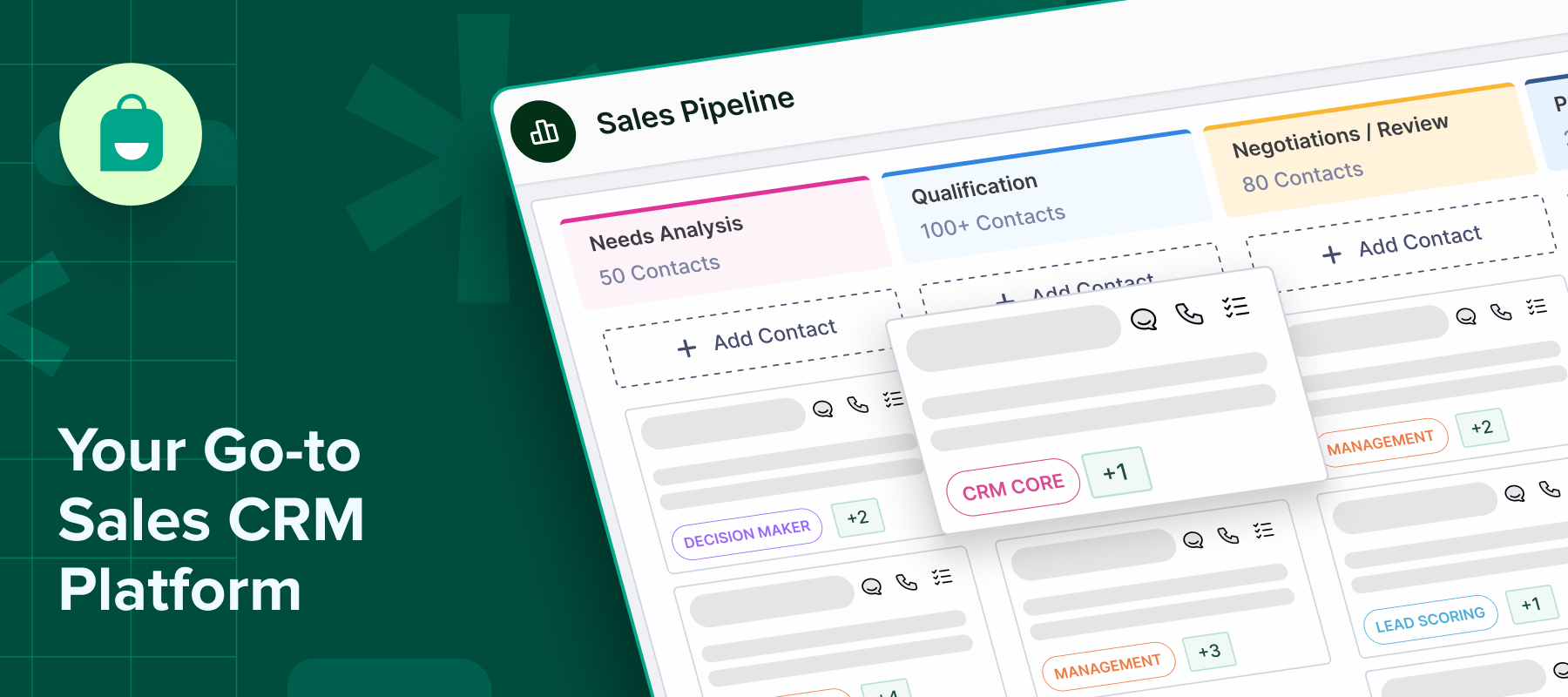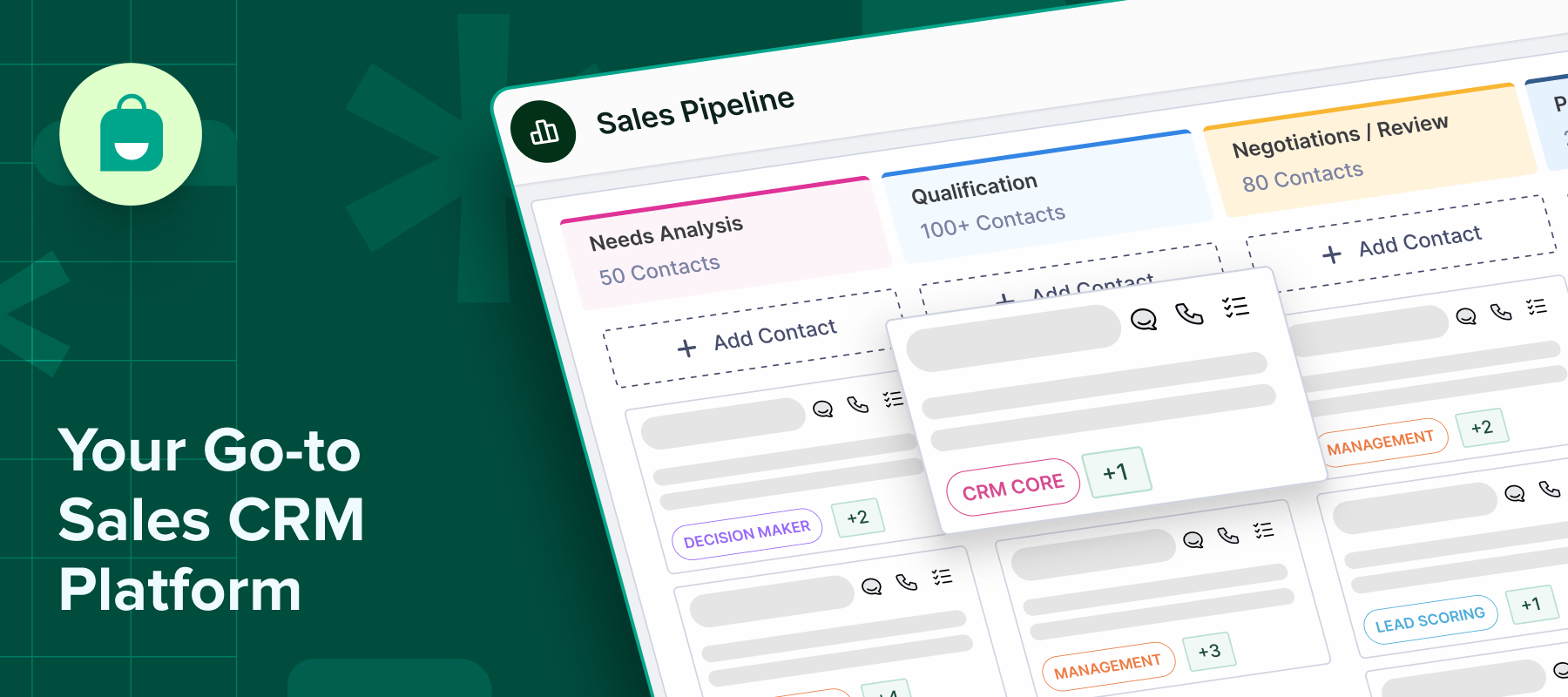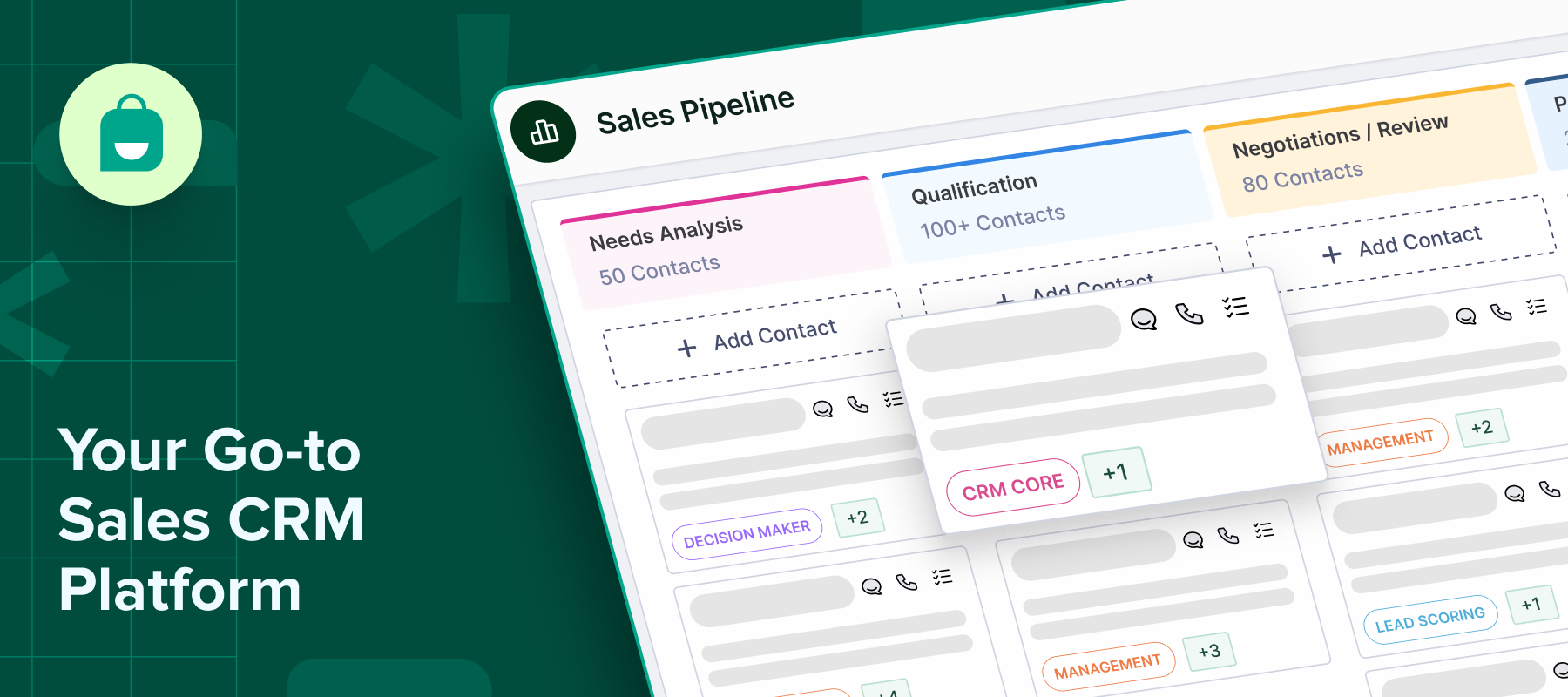In the fast-paced world of sales, managing long sales cycles can be a daunting challenge. The stakes are high, and the pressure to convert leads into loyal customers is ever-present. This is where Sales CRM Tools for Managing Long Sales Cycles come into play. These tools not only streamline the sales process but also enhance the efficiency and effectiveness of your sales team. In this comprehensive guide, we will explore why these tools are indispensable for businesses navigating lengthy sales cycles, and how they can transform your approach to sales.
Understanding Long Sales Cycles
Long sales cycles are prevalent in industries where the decision-making process is complex, and purchases require significant investment. This often includes sectors such as real estate, B2B services, and high-end technology solutions. The protracted nature of these sales cycles means that sales teams must maintain engagement over extended periods, often spanning several months or even years.
The Challenges of Long Sales Cycles
The challenges involved in managing long sales cycles are manifold. First and foremost, maintaining consistent communication with potential clients is crucial. This involves tracking interactions, follow-ups, and nurturing relationships over time. Furthermore, sales teams must have a deep understanding of the client’s needs and be prepared to deliver personalized solutions at every stage of the sales journey.
-Keeping track of multiple touchpoints with prospects
-Ensuring timely follow-ups and communication
-Aligning sales strategies with evolving client needs
-Maintaining motivation and focus over an extended period
The Role of Sales CRM Tools in Managing Long Sales Cycles
Sales CRM Tools are designed to address the complexities of long sales cycles. These tools act as a centralized hub for all sales activities, enabling sales teams to streamline processes, enhance communication, and ultimately close deals more efficiently.
Key Features of Sales CRM Tools
When choosing the best sales CRM tools for managing long sales cycles, it’s essential to look for specific features that cater to the unique demands of this approach:
-Contact Management: Comprehensive contact management systems allow sales teams to store and organize information about every lead and customer, ensuring no detail is overlooked.
-Pipeline Management: These tools offer visual representations of the sales pipeline, helping sales teams track progress and identify bottlenecks.
-Automated Follow-ups: Automation features ensure that no lead falls through the cracks by scheduling and sending follow-up emails or notifications.
-Reporting and Analytics: Detailed analytics provide insights into sales performance, helping teams optimize their strategies.
By leveraging these features, sales teams can effectively manage long sales cycles, ensuring that every interaction is meaningful and contributes towards closing the sale.
Why Choose the Best Sales CRM Tools?
Choosing the right sales CRM tools is crucial for maximizing efficiency and productivity. The best sales CRM tools are those that seamlessly integrate with your existing systems, offering a user-friendly interface that empowers your team to focus on what they do best—selling.
Integrations and Customization
The ability to integrate with other software solutions is a hallmark of the best sales CRM tools. Whether it’s linking with your marketing automation platform or synchronizing with your calendar, integrations ensure that your sales process is smooth and uninterrupted. Moreover, customization options allow you to tailor the CRM to the specific needs of your team, ensuring that it supports your unique sales strategy.
Sales CRM Tools for Selling in 2025
As we look ahead to 2025, the landscape of sales is set to evolve further, and so are sales CRM tools. Emerging technologies such as AI-driven analytics and predictive modeling will become integral to CRM platforms, offering even deeper insights into customer behavior and needs. Businesses that adopt these advanced tools will gain a competitive edge, leveraging data-driven strategies to enhance their sales processes.
Comparing Sales CRM Tools: A Simple Guide
| Feature | Tool A | Tool B | Tool C |
|---|---|---|---|
| Contact Management | ✔ | ✔ | ✔ |
| Pipeline Visualization | ✔ | ✔ | ✔ |
| Automated Follow-ups | ✔ | ✖ | ✔ |
| Analytics and Reporting | ✔ | ✔ | ✔ |
| AI-Driven Insights | ✔ | ✖ | ✔ |
Making the Right Choice for Your Business
Deciding on the right sales CRM tools for your business requires careful consideration of your specific needs and objectives. While the table above provides a snapshot of various tools’ capabilities, it’s essential to delve deeper into each tool’s features and how they align with your sales strategy. When evaluating CRM tools, consider factors such as ease of use, scalability, and customer support.
Success Stories: Transforming Sales with CRM Tools
Many businesses have successfully transformed their sales processes by adopting the best sales CRM tools. For instance, a leading B2B service provider reported a 30% increase in sales conversions after integrating a CRM tool that offered advanced analytics and streamlined communication. This success story underscores the potential of sales CRM tools in revolutionizing sales approaches.
Moreover, a prominent real estate firm leveraged CRM tools to manage its extensive client database, resulting in improved customer satisfaction and repeat business. These examples illustrate how CRM tools can be game-changers for businesses operating in industries with long sales cycles.
Conclusion: Take Action Today
The path to sales success in long sales cycles is paved with the right tools and strategies. By investing in the best sales CRM tools, your business can enhance its efficiency, improve customer relationships, and ultimately boost sales. Don’t wait—take advantage of the advanced features and capabilities of CRM tools to transform your sales process today.



